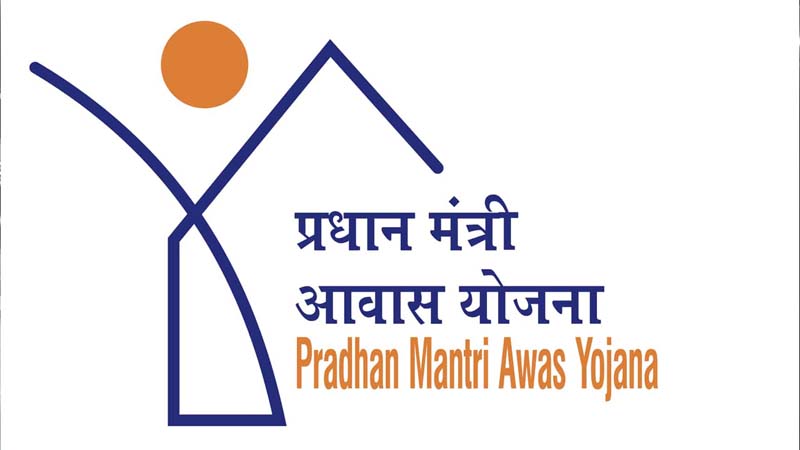The J&K UT Administration is poised to allocate 5 marlas of land to approximately 17,000 eligible landless tribal beneficiaries under the Pradhan Mantri Awas Yojana (G) in the imminent future. This is a big announcement by any standard and will transform the lives of tribal communities. The Government is steadfastly exerting itself towards the amelioration of the tribal populace in the Union Territory of Jammu and Kashmir. Despite the seismic shifts in societal structures, the livelihoods of these tribal communities remain entrenched in antiquated sources of income. Preserving their forests, lands, and other inherent rights is imperative, with a paramount focus on ensuring their foremost entitlement to utilise forest resources. Pioneering initiatives, such as the establishment of community and individual forest rights, the formation of self-help groups dedicated to forest produce, and the provision of backing for emergent enterprises, have exerted a transformative influence in tribal enclaves. These endeavours transcend the realm of ordinary efforts, constituting a thorough attempt aimed at aligning tribal communities with their counterparts in the sphere of development. The Jammu and Kashmir administration, with a sense of purpose, has instituted substantial measures for the economic upliftment of tribal communities through innovative initiatives such as sheep farms, dairy units and the progressive Tri-Wool Project. These initiatives represent value additions to their extant professions, and with a pioneering scientific approach, they have witnessed a manifold augmentation in milk, wool, and meat production. In tandem with these ventures, comprehensive skill development programmes have commenced manifesting tangible results in the broader context of development. Adhering rigorously to predefined schedules, all prevailing Government flagship schemes are meticulously extended to all targeted beneficiaries, ensuring an equitable distribution of transformative measures. With a keen understanding of the deep-seated sentiments and attachments of tribal communities to their traditional rituals and professions, meticulously devised schemes have been formulated to refine their skills, leading to the accrual of substantial economic benefits.
To address historical imbalances and guarantee equitable representation, reservations for tribal and Pahari people have been announced, including the reservation of assembly seats. This strategic initiative not only ensures appropriate representation but also serves as a platform for amplifying on-the-ground issues faced by these communities. Jammu and Kashmir, characterized by some of the most formidable terrains and climatic extremities, pose formidable challenges to communities such as the Gujjars and other nomadic tribes. Frequently on the move with their livestock in pursuit of sustenance and refuge from scorching summers or frigid winters, these communities grapple with the adversities of their environment. Recognising the nomadic lifestyle, the Government has instituted specialised transportation facilities for their animals, facilitating the seasonal migration between summer and winter zones. The administration, cognizant of many other challenges, has redoubled its efforts to institute provisions for the education of their progeny, including the establishment of hostels and scholarships for deserving children. In this austere landscape, where traditional occupations persist, the Government has endeavoured to safeguard the health of both the tribal populace and their livestock. Medical camps for veterinary care, coupled with the provision of free medicines, underscore the commitment to holistic well-being.
Moreover, the administration has embarked on initiatives to augment the income of tribal youth through specialised training in various allied technologies. Concurrently, efforts are underway to empower the younger generation through specialised coaching for professional and administrative exams, thereby fostering a pathway to diverse avenues of progress. In a bid for inclusivity, the Government, in a strategic move, previously opted to implement the Pradhan Mantri Particularly Vulnerable Tribal Groups (PVTGs) Development Mission in Jammu and Kashmir with a colossal allocation of Rs 15,000 crore over the ensuing three years. These epoch-making reforms, once fully actualized, stand poised to metamorphose the lives of tribal populations within no time, heralding a new era of prosperity and inclusivity.
Trending Now
E-Paper


